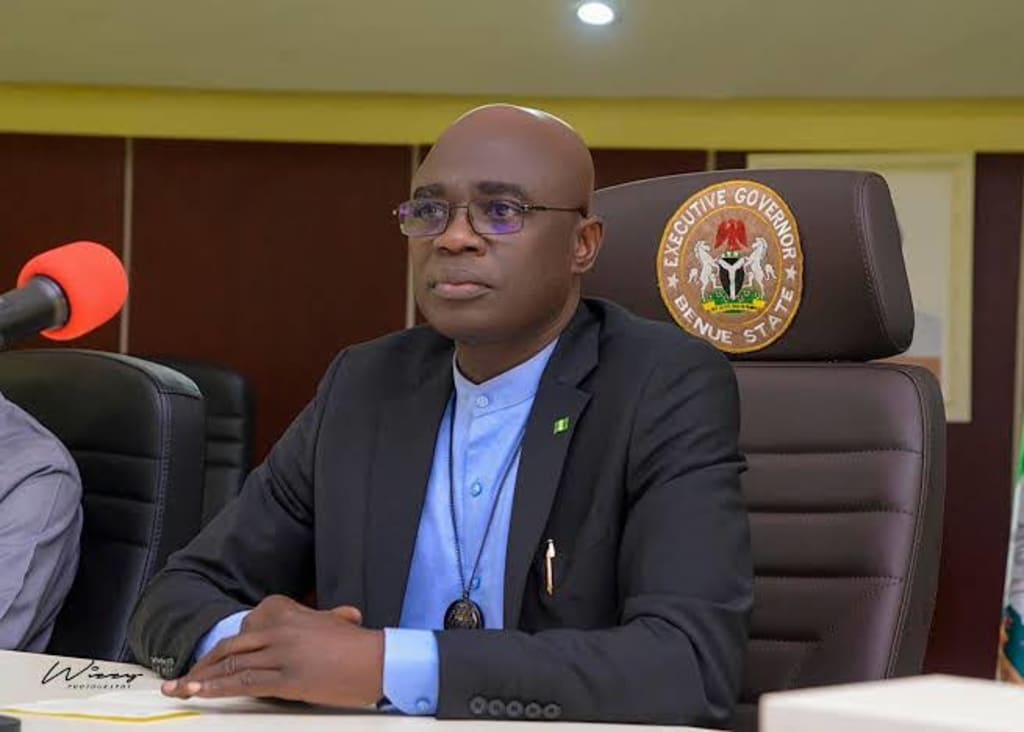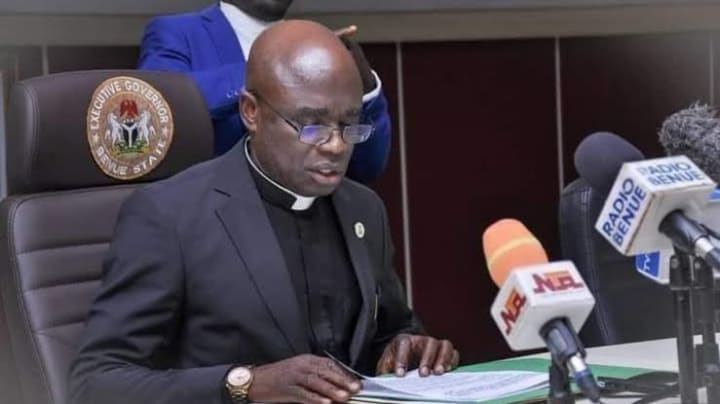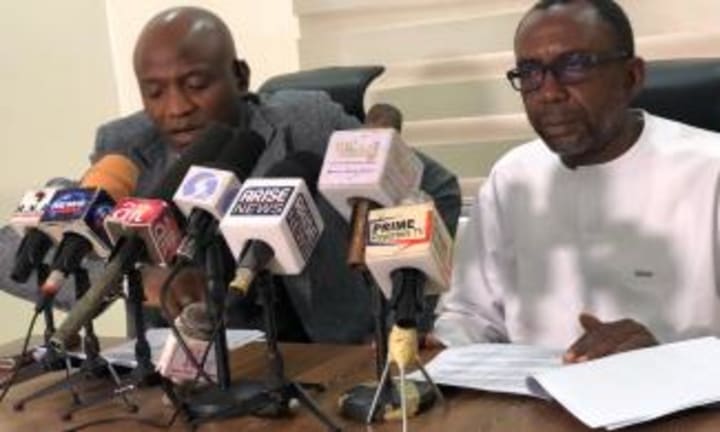Activists Challenge Benue Governor Over Controversial Public Order Law
Two human rights activists have filed a lawsuit against Hyacinth Alia, the Governor of Benue State...

Two human rights activists have filed a lawsuit against Hyacinth Alia, the Governor of Benue State, contesting the recent enactment of a public order law by his administration. The suit also names the Attorney General and the Commissioner of Justice and Public Order in Benue State as defendants.
Governor Alia signed an executive order that established the Department of Public Order within the Ministry of Justice. This department is tasked with coordinating government policies and issues related to maintaining public order. Alia justified this move by citing the need to curb rising criminal activities and political violence, including kidnappings, murders, and intimidation, which have led to the emergence of local warlords and militia groups in the state.
Legislative Background and Rationale

During the signing ceremony at the Government House in Makurdi, Governor Alia, represented by his deputy Sam Odeh, stated that the executive order was issued under Section 14 subsection (2) of the 1999 constitution and Section 10 of the Public Order Act, CAP 382 of the Federal Republic of Nigeria. He emphasized that the new order aims to prohibit actions that violate public order, including traffic violations, child labor, various forms of prostitution, improper waste disposal, open defecation and urination, and other public nuisances.
Governor Alia also mandated that any group wishing to hold gatherings beyond 10 PM must first obtain a permit from the Department of Public Order. Violations of these public order rules could result in fines ranging from N20,000 to N500,000 or imprisonment, depending on the severity of the offense.
Activists' Opposition
Human rights activists Bemgba Iortyom and Adebayo Ogorry have strongly opposed this law, arguing that it grossly violates fundamental human rights and amounts to authoritarianism. During a press conference in Abuja, the activists described the law as controversial and widely criticized as an attempt to suppress free speech and criminalize ordinary citizens. They contend that the law is vague, oppressive, and targets vulnerable groups as well as perceived political adversaries.
The activists have called on the court to grant several reliefs, including:
1. **Declaration of Nullity**: They seek a court declaration that the executive order is null and void, as it violates the fundamental human rights of Nigerian citizens in Benue State and constitutes an abuse of power.
2. **Unconstitutionality of Permit Requirement**: They argue that the requirement to obtain a permit for public gatherings beyond 10 PM is illegal and unconstitutional, as it infringes on sections 40, 41, and 45(1) of the 1999 Constitution and Article 11 of the African Charter on Human and People's Rights.
3. **Illegality of Public Order Act Provisions**: The activists assert that the Public Order Act, which Governor Alia's executive order is based on, is itself illegal and unconstitutional as it contravenes the aforementioned sections of the constitution and the African Charter.
4. **Lack of Competence**: They claim that the defendants are not competent under the Public Order Act or any other law to issue permits for public gatherings after 10 PM.
### Governor's Response and Public Reaction

Governor Alia and his administration maintain that the public order law is a necessary measure to ensure the safety and security of Benue State. They argue that the law is aimed at addressing the increasing incidents of criminal activities and maintaining public peace. However, the law has sparked significant public debate and criticism, with many questioning its implications for civil liberties and democratic freedoms.
### Legal and Constitutional Implications
The lawsuit filed by Iortyom and Ogorry raises critical legal and constitutional questions. If the court rules in favor of the activists, it could set a precedent for challenging similar executive orders in other states. It could also reinforce the protection of fundamental human rights and limit the scope of executive powers in Nigeria.
On the other hand, if the court upholds the executive order, it could embolden other state governments to enact similar laws, potentially leading to increased restrictions on public freedoms and civil liberties. The case underscores the ongoing tension between maintaining public order and safeguarding individual rights in Nigeria's democratic framework.
### Conclusion
The legal challenge against Governor Hyacinth Alia's public order law in Benue State highlights a significant conflict between government measures to maintain public order and the protection of fundamental human rights. As the court case unfolds, it will be closely watched by human rights advocates, legal experts, and the public, given its potential implications for civil liberties and governance in Nigeria.
About the Creator
Local Man
I am a dedicated writer known for my versatility and creativity. With a strong passion for storytelling, engaging content across a variety of genres, including articles, blogs, and copywriting.
Enjoyed the story? Support the Creator.
Subscribe for free to receive all their stories in your feed. You could also pledge your support or give them a one-off tip, letting them know you appreciate their work.






Comments
There are no comments for this story
Be the first to respond and start the conversation.